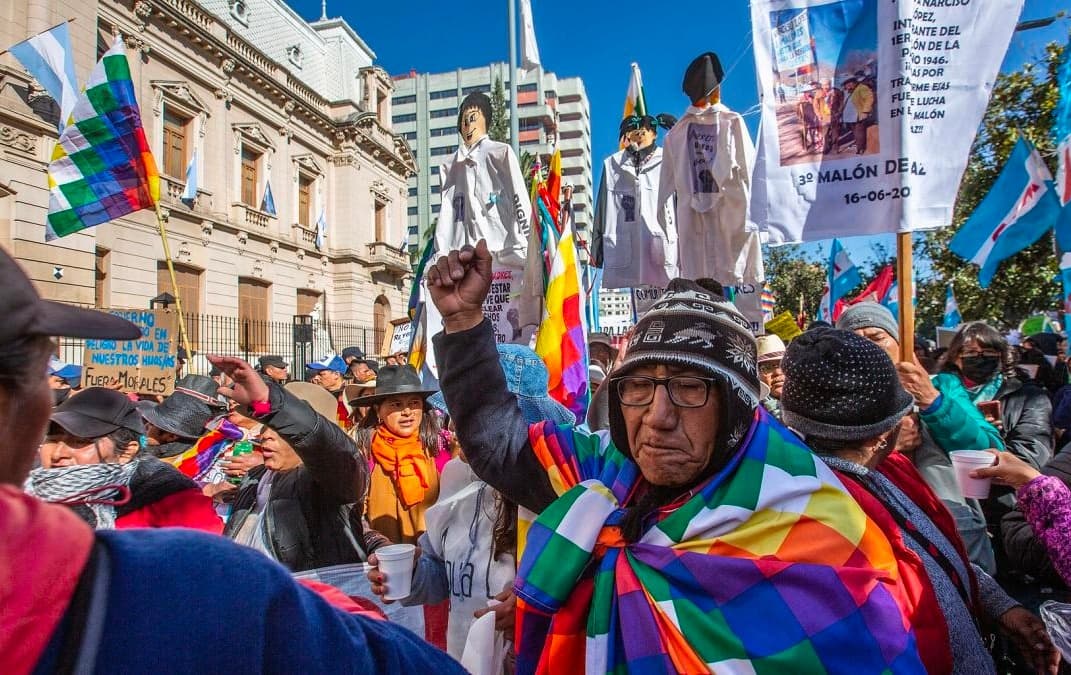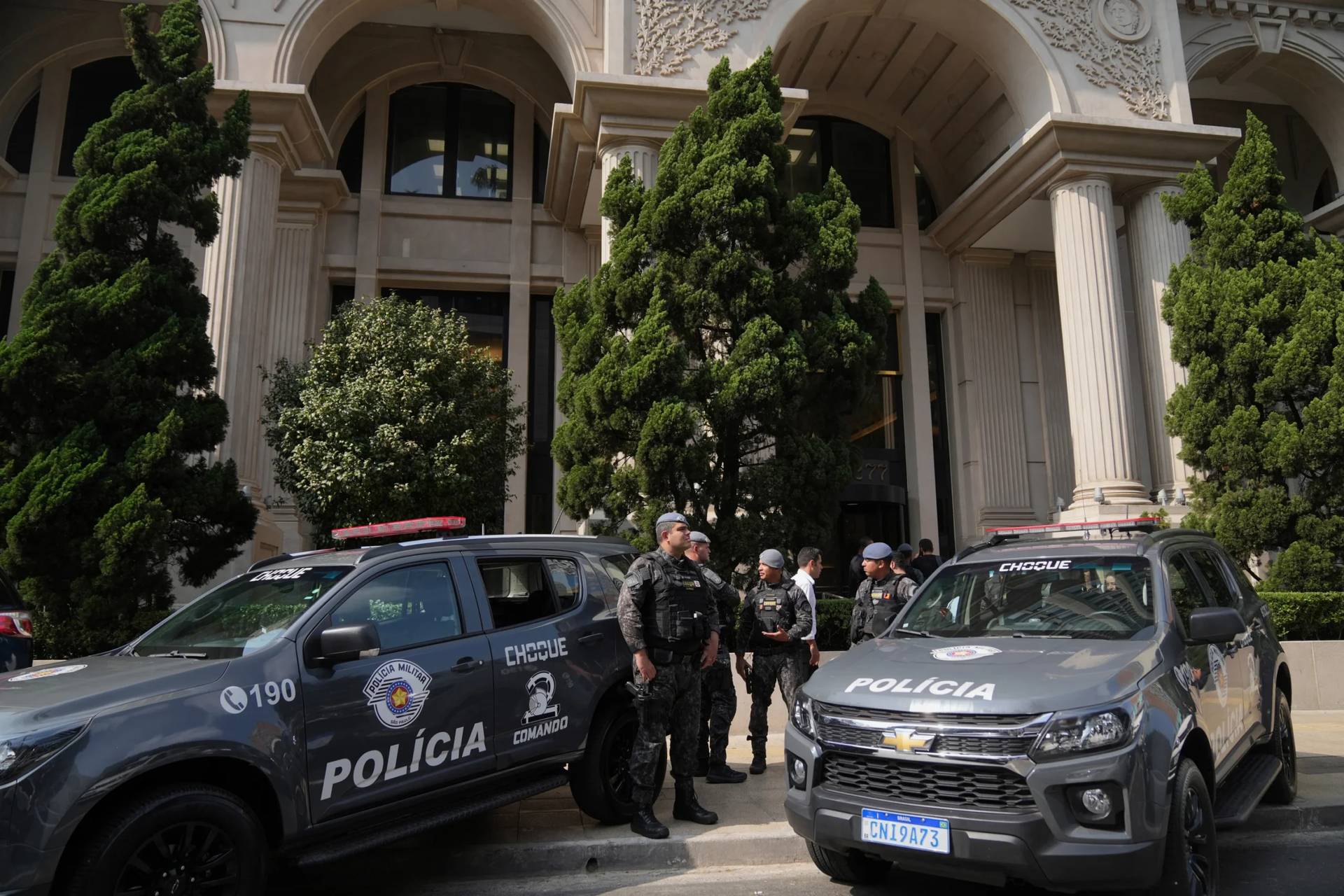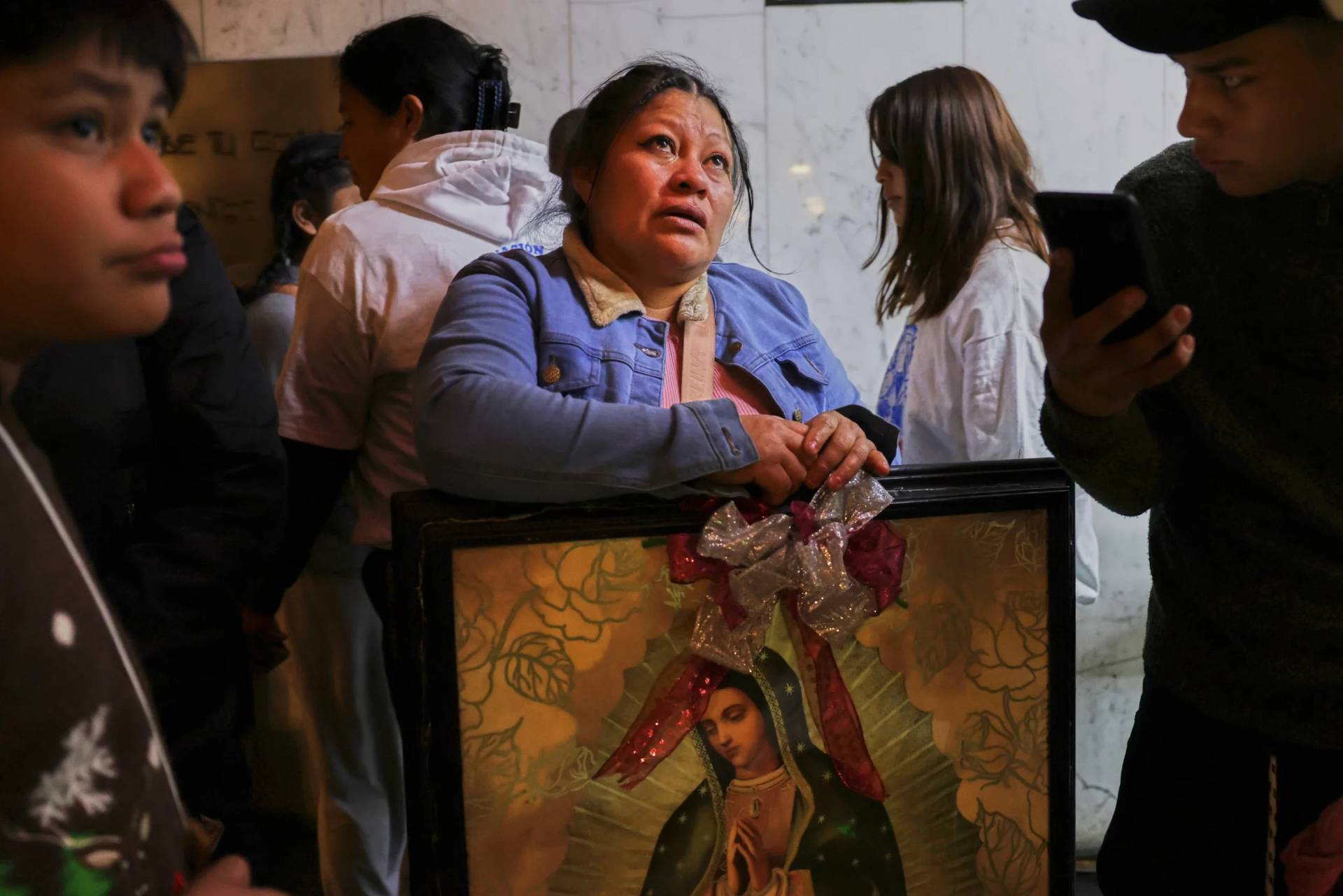SÃO PAULO – Two weeks after the northwestern Jujuy province in Argentina approved a broad constitutional reform, indigenous communities and labor unions, supported by an official arm of the Argentine bishops’ conference, are demonstrating against it and demanding its revocation.
Groups of protesters have been blockading roads and marching against the legal changes, which they say put in danger their right to occupy traditional lands, their access to water, and their right to manifest against the government.

On June 30, some of the demonstrators launched a hunger strike.
Clemente Flores, an indigenous leader, also said that they will keep protesting till the reform is revoked. He thinks that more and more people will show support to their cause, including in the Church.
“Last week we sent a letter to Pope Francis about our situation. We are waiting for him to answer and give us his support,” he said.
The Argentine bishops’ pastoral team for aboriginal peoples (known by the Spanish acronym “Endepa”), the most vocal Church organization against the reform, has issued two statements criticizing Jujuy’s government since the reform process began, and demanded the immediate annulment of the new constitution.
On June 15, before the approval of the reform, a letter signed by Endepa’s national leader Rodolfo Fernández accused the local government of “conducting the constitutional reform in a speedy way and without taking into account the diversity of the people who live” in the region, mentioning several Indigenous nations.
The bishops’ group accused the government of failing to comply with the International Labor Organization’s Indigenous and Tribal Peoples Convention, which establishes that the signatory states must consult the peoples concerned “whenever consideration is being given to legislative or administrative measures which may affect them directly.”
“Once again, the current holders of political power, together with petty business interests, attack the buen vivir [well living] of the people, demonstrating an authoritarian attitude and excessive ambitions at the cost of the sacrifice not only of the territories, but also of their people,” the statement read.
The document also mentioned that “extractive processes damage and contaminate territories, especially water,” alluding to the alleged mining interests behind the reform.
Two days later, Endepa released a new letter, reaffirming its criticism of the reform process and denouncing the police force used against demonstrators.
According to Clemente Flores, leader of an Indigenous Kolla community, the provincial government tried to pass a new constitution last year, but was not able to do so. Now, it did it in a “hasty manner” in order to get it approved.
“It is not clearly written. one can conclude that our communal lands and the water we use may be conceded to companies,” he told Crux.
Flores considers that companies interested in exploiting lithium are behind the constitutional reform.
“Giant mining endeavors are already in march near the Chilean border. If the same happens here, all the water we use in our crops and to give to our cattle will be gone,” he lamented.
The Kolla have been living in that zone for 14,000 years, Flores said. Their production is not large: they have a few animals, like guanacos and sheep, and plant potatoes, wheat and other crops mostly for their own use.
According to Father Abraham Pereira, a local Endepa member, the government argued that it consulted a few Indigenous communities during the reform process, but it is not clear which ones were heard.
“Most Indigenous groups say that the government has not discussed the theme of lithium exploitation with them. Those projects would be very impactful for them, especially when it comes to water resources,” he told Crux.
Pereira thinks that such problems need to “be more and more debated, and there was no time for it.”
“People need to know more about it, receiving reliable information from scientists and lawyers. So, it is desirable that the current reform is just canceled now,” he affirmed.
Pereira emphasized that the church has been asking all social segments to avoid violence and look for dialogue, but till now that was not possible.
Several occurrences of violence have been reported over the past few weeks. Many protesters were harmed with rubber bullets – including a student who lost an eye – and dozens of activists were detained and charged with felonies connected to the demonstrations, something that has been criticized by the federal government as a sign of political repression.
“It is not like what happened during the Military dictatorship (1976-1983), but it has been a fierce repression. Those groups are only fighting for their lands,” affirmed Guillermo Sapag, an economics professor at the National University of Jujuy.
He hopes that the Supreme Court will define the reform as unconstitutional, given that several of its provisions appear to contradict the national constitution.
On June 30, President Alberto Fernández’s administration presented a petition to the Supreme Court in which it asked the Jujuy reform to be ruled unconstitutional. Analysts say that Jujuy’s governor, the right-winger Gerardo Morales, has been making efforts to gain national visibility with an eye on the upcoming presidential elections, which will take place in August and October.
“He wanted to change the provincial constitution to be allowed to run for a third term, but he failed to do so. Now he is just working to easen the lithium exploitation in the region,” affirmed Sapag, a member of President Fernández’s Partido Justicialista.
Jujuy is part of the zone with the world’s largest lithium deposits, near the borders with Bolivia and Chile.
“Gigantic companies of Europe and the United States want to get hold of those deposits,” he said.
But not only the Indigenous communities have been demonstrating. In fact, several social segments, including teachers and government workers have joined them.
“Salaries have been too low, as well as the investments in public services. So, many people in Jujuy ended up adhering to the protests,” explained Ivan Blacutt, a university professor and local leader of the Socialist Left party.
Blacutt said that since the beginning university students and professors have shown solidarity with the Indigenous groups, opening the university doors for them to rest after the marches, for instance.
Another reason for the unification is the fact that the new reform includes a provision prohibiting demonstrators from occupying streets and roads during manifestations.
“It became a unified struggle of several labor unions. Most of us do not believe that the reform will be legally suspended, so we will keep the political pressure till the authorities give up on it,” he added.














